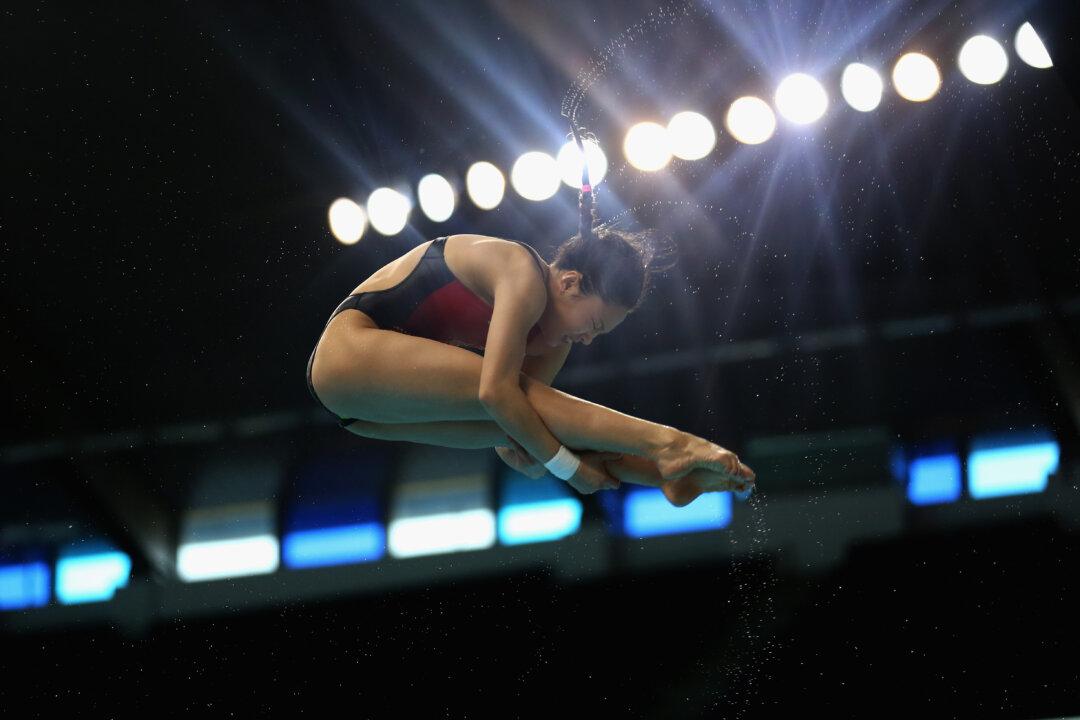Tian Liang was a star. After winning a gold medal for the 10-meter platform dive at the Sydney Olympic Games in 2000, he became the subject of national adoration. He won gold again at the 2004 Athens Olympics.
He began racking up endorsement deals, and his celebrity status became fodder for the tabloids. This drew the ire of China’s sports authorities. He was kicked off the national team in 2005 for “breaking rules.”





